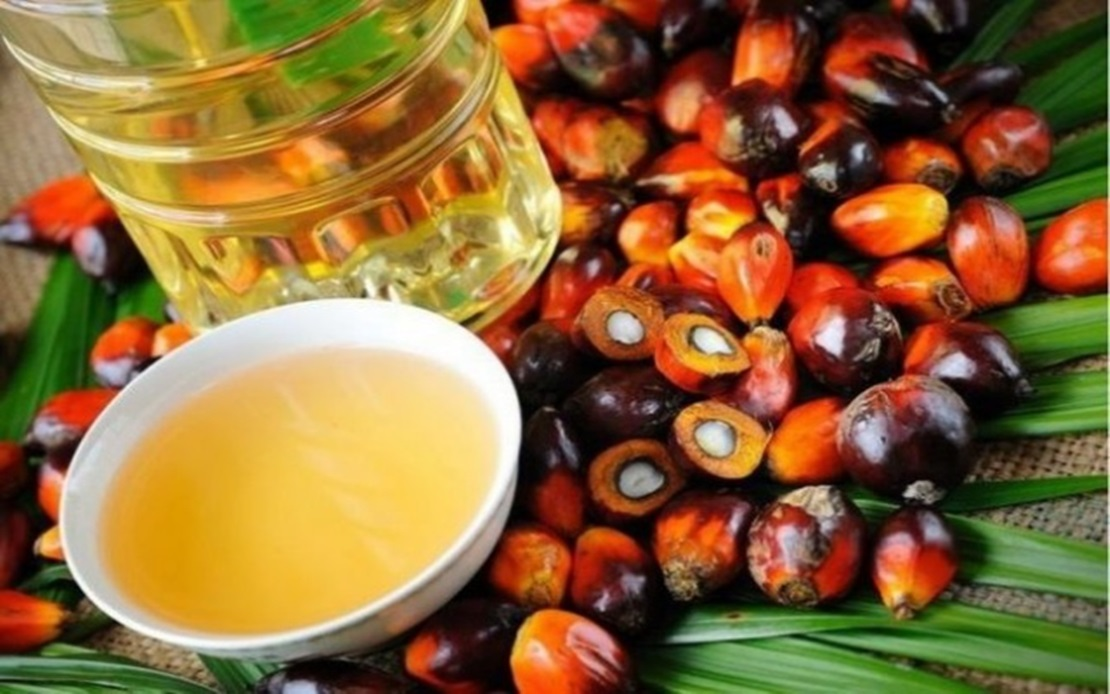
Zuraida said Estonia, the Czech Republic, and Hungary have started purchasing the commodity in recent months. — Bernama photo
KUCHING (Sept 14): The Ministry of Plantation Industries and Commodities (MPIC) is targeting to export palm oil to more non-traditional countries, particularly in Europe and also to expand the market share among the traditional importing nations.
Minister Datuk Hajah Zuraida Kamaruddin said in a statement that among the steps taken are strengthening existing major export markets, particularly India, China, Pakistan, and Europe, as well as promoting palm oil products more aggressively to penetrate new markets such as Africa and Central Asia.
“Secondly, enhancing research and development (R&D) activities in the production of new products as well as adding value to downstream commodity products.
“Thirdly, enhancing better market access through bilateral free trade agreement (FTA) negotiations as well as multilateral or regional consultations,” she added.
She said feedback from many new markets showed they are impressed with Malaysian palm oil because of its higher productivity, versatility in food and non-food sectors, and availability throughout the year.
“Previously, many, particularly in Europe did not know about the advantages of using Malaysian palm oil due to decades of sustained smear campaigns.
“But now, many are much more receptive to using Malaysian palm oil due to greater awareness by the ministry and its agencies, including during international trade missions which I had led,” explained Zuraida.
MPIC is committed to continue promoting palm oil and enhancing its competitiveness globally, she said.
She said Malaysian palm oil’s ability to penetrate new global markets showed that the commodity has gained greater international acceptance amid MPIC’s intense ‘Global Movement to Champion the Goodness of Palm Oil’ campaign.
“At least three countries, which had never imported Malaysian palm oil in the past, namely Estonia, the Czech Republic, and Hungary, have started purchasing the commodity in recent months.
“I am pleased with the development, which came amid the MPIC’s aggressive efforts to market our palm oil globally and to debunk Western myths and propaganda.
“Between January and July this year, Estonia imported 2,501 tonnes of Malaysian palm oil worth RM20.22 million, the Czech Republic with 95 tonnes worth RM0.88 million, and Hungary with 853 tonnes worth RM6.73 million,” said Zuraida.
While the volume and value of the imports from these countries are not as significant as major importers such as India and Turkiye, she said these inroads were significant developments as having one foot in the door allows Malaysia to further grow the palm oil market share there in the long run.
The ministry also acknowledged the ability to tap into these new markets was partly due to the war in Ukraine, which had resulted in disruptions to the supply of sunflower and rapeseed oils, which were traditionally used in these countries.
“But I believe this is a good start and that Malaysian palm oil will not only continue to have a presence in these markets but grow rapidly there even after the war is over,” she said.
